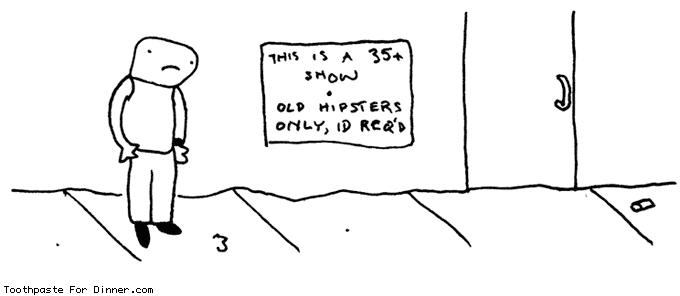The writers are set to strike:
A strike by the writers threatens to tear a hole in the economy of Southern California, even as it already copes with a collapse in home sales and widespread devastation from last month’s fires.
The entertainment industry contributes an estimated $30 billion annually, or about 7 percent, to the economy of Los Angeles County, according to Jack Kyser, chief economist for the Los Angeles County Economic Development Corp.
Show business also helps drive the local tourist economy. “If tourists see that the entertainment industry is shut down, we worry they will think the entire city is shut down,” said Mr. Kyser. He noted that restaurant business in the southeast San Fernando Valley — home to Universal Studios and the largest concentration of production — has already dropped 30 percent as anticipation of the strike grew in recent weeks.
Indeed, most of those affected by such a strike have no direct stake in its issues.
The New York-based book industry, for instance, may find studios reluctant to buy film rights to new works at a time when no writers are available to adapt them for the screen. “In the first part of a strike, buyers will be sitting and waiting to see if it gets resolved,” said Amy Schiffman, who specializes in literary sales for Hollywood’s Gersh Agency.
Similarly, thousands of businesses, whether mom-and-pop companies that train dogs for television shows or lumber yards that specialize in building materials for sets, face possibly dire consequences, some sooner than others.
Hmm...the
NY Times writers don't seem very supportive of their compatriots. Is snobbery among writers more important than solidarity? Or are writers in general so beleaguered that they don't like to see anyone rock the boat?
-







